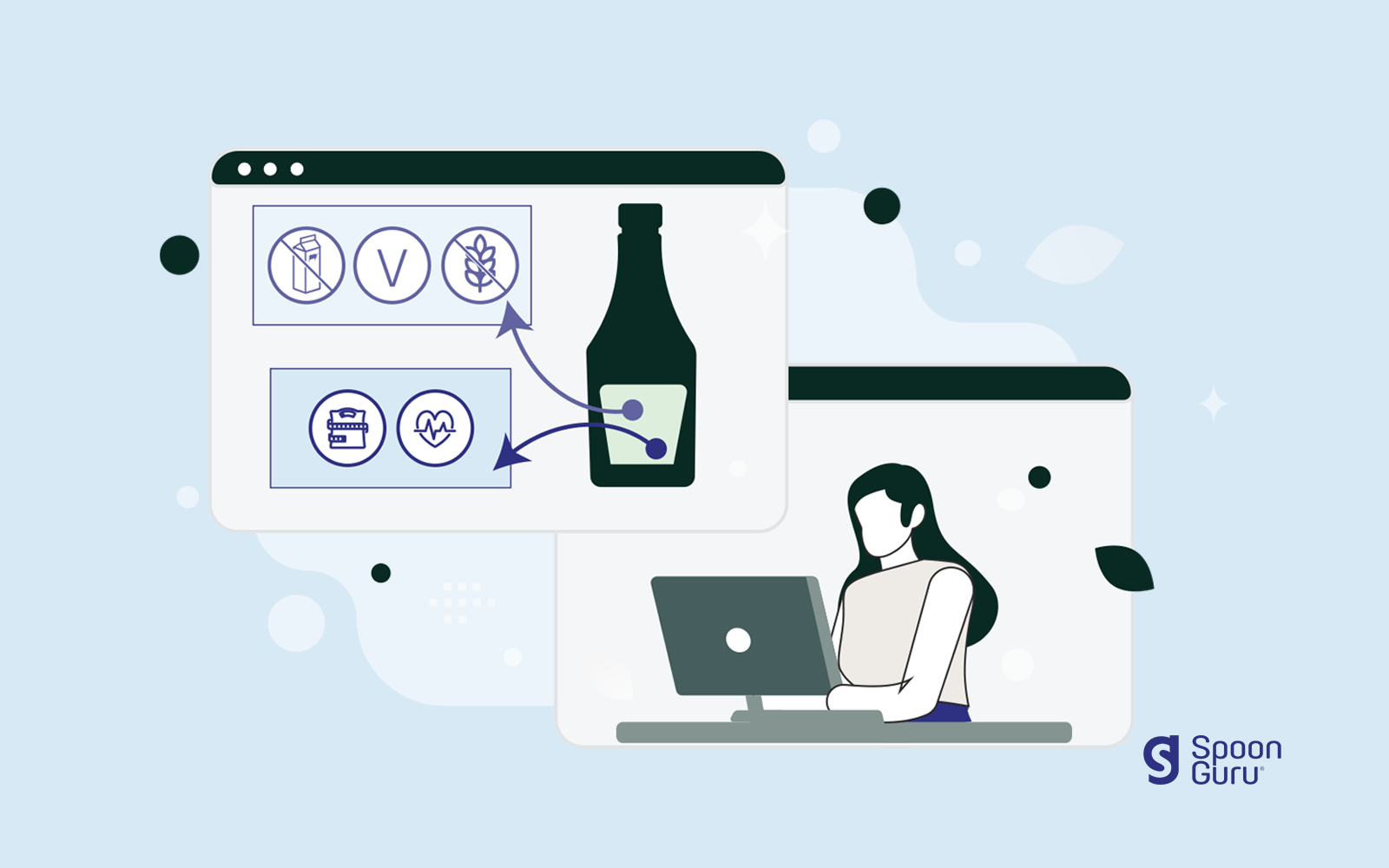Now, more than ever, when consumers are grocery shopping they are doing so with product ingredients and nutrition in mind. In the past, ‘shopping with dietary requirements’ was often assumed to be shoppers looking for ‘free-from’ products for reasons that were either medical or principled, or dieters looking to lose weight. However, the recent Covid pandemic really brought healthy eating and food as medicine to the front of many people’s minds, and since then this movement has continued to grow in popularity.
The health trend trajectory
The relationship between diet and health has by now been well established. However, in 2022 the WHO declared that Europe was in an ‘obesity epidemic’, and it was reported that poor diet is now on track to overtake smoking as the largest cause of avoidable death. Some governments are trying to turn this around with interventions such as the US White House National Strategy on Hunger, Nutrition and Health. But it’s not just governments responding, many grocery retailers around the world are also picking up the mantle and implementing their own health strategies.
Meeting consumers outside of the fresh food aisle
While it feels like an easy win to simply meet shoppers in the fresh food aisle or rely on manufacturers to revise their front-of-pack information, for many this does not go far enough.
Although people’s dietary needs are becoming more complex, shoppers are also tightening their belts in the face of an economic downturn. Add to this a prevailing perception that healthy food is more expensive, prevalent gaps in general nutrition knowledge among consumers, and the fact that shoppers are often low on time and increasingly bombarded with conflicting information, and the challenge becomes even more complicated still.
The discovery experience for shoppers with dietary needs is most commonly managed in-store with designated areas or online with simple search filters. However, a product’s dietary data, together with basket analysis insights, can also be used to further enhance the shopper journey in-store by informing shelf edge signposting for products suitable for some of the most popular diets such as ‘vegan’, ‘organic’, or ‘gluten free’, especially during key moments such as the increasingly popular ‘Veganuary’ campaign.
Not all Search & Filter results can be trusted
Simple dietary filters such as ‘no milk’ are now commonplace online, and there is no doubt that when implemented properly they do help remove some of the friction from the shopper journey. However, with an increase in complex consumer needs, nutritional tags and filtering have also had to become more complex – and that’s where composite tags and filters come in.
While simple dietary filters can be created from ingredient lists and front of pack information alone, composite health & dietary filters need to be created by both technical experts who can clean and optimise product data, and nutritional experts who are able to then use that data to truly go beyond the label and create more complex rules that also fit within established dietary guidelines.
In today’s health climate, complex dietary tags can, and should, be used to signpost products that more specifically meet shoppers’ health goals. This could be as simple as encouraging healthier eating with ‘5-a-day’ fresh fruit and veg signposting, or offering a truly personalised experience by catering to more specific health needs, such as cholesterol or blood pressure management. And they can go much deeper than that as well.
Food for thought
When retailers start to design a forward-thinking health strategy, it’s important that they think outside of the simple dietary filters box. Shoppers have increasingly complex health and dietary needs, and the retailers providing truly innovative solutions will be the ones winning their business.
Spoon Guru is an award winning start-up, known for its best-in-class nutrition and technical expertise. Our plug & play SaaS technology solves complex challenges with intricate data solutions, enabling retailers to provide their shoppers with a more seamless and easy-to-use omnichannel experience with varying degrees of personalisation.
If you’d like to explore how we can help you innovate your health strategy and advance your business, talk to us today.
